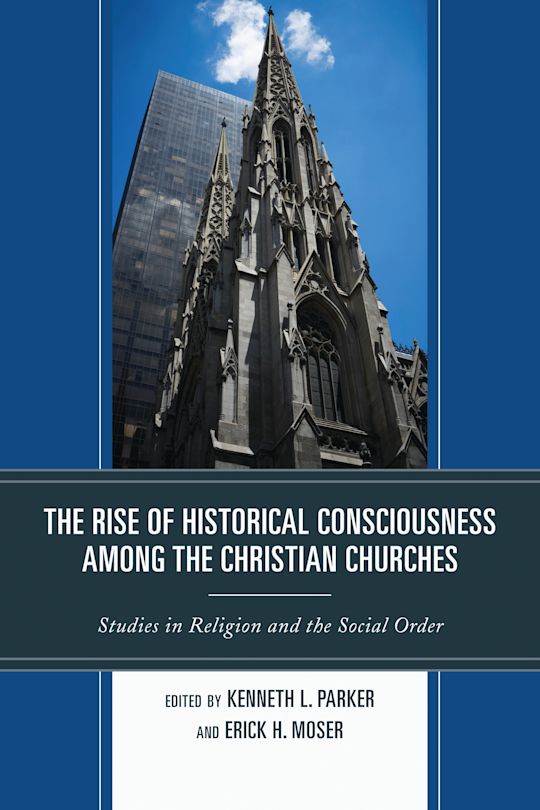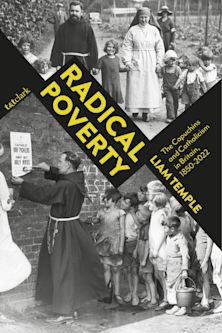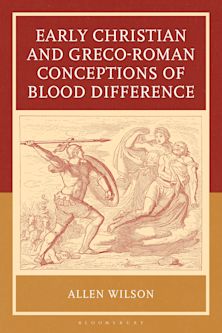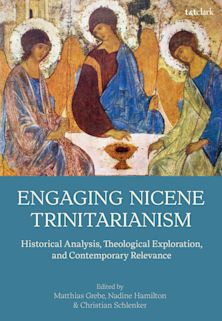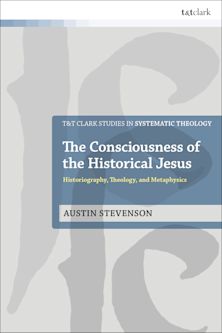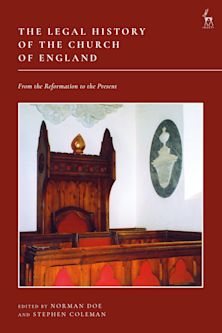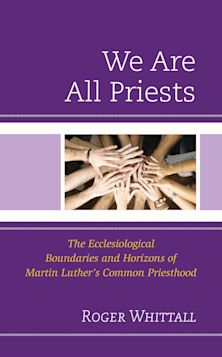- Home
- ACADEMIC
- Theology
- Historical Theology
- The Rise of Historical Consciousness Among the Christian Churches
The Rise of Historical Consciousness Among the Christian Churches
The Rise of Historical Consciousness Among the Christian Churches
This product is usually dispatched within 3 days
- Delivery and returns info
-
Free US delivery on orders $35 or over
You must sign in to add this item to your wishlist. Please sign in or create an account
Description
These essays emerged from papers presented under the auspices of the American Academy of Religion. The contributors explored cases that highlight the development of “historical consciousness” in diverse Christian traditions from the early sixteenth century to the early twentieth century. Topics considered range from Erasmus of Rotterdam and Richard Simon to nineteenth-century Anglicanism, Catholicism, and European and American Protestantism. Like a mosaic—with many disparate parts—definite patterns begin to emerge. First, the contributors demonstrate that historical consciousness grew out of Christian scholarship, not eighteenth-century enlightenment thought. Second, they highlight how historical scholarship implicitly asserted the scholar’s authority to critique cherished assumptions about Christian truth. Finally, the essays explore how ecclesiastical authorities reacted to these critiques as challenges to their spiritual authority. This volume contributes to scholarship that explores Christianity’s role in modernity, the ongoing implications of historical controversies, and the importance of history in Christian theology.
Table of Contents
1. The Rise of Historical Consciousness Among the Christian Churches: An Introduction
Kenneth L. Parker
2. Erasmus and the Birth of Historical Consciousness
Theodore P. Letis
3. Rehabilitating Richard Simon, Legitimating Alfred Loisy
C.J.T. Talar
4. D.F. Strauss’ Life of Jesus, F.C. Baur, and Modern Historical Consciousness
Darrell Jodock
5. Historical Consciousness and the First Vatican Council: Manning, Döllinger, Newman, and Acton’s Uses of “History” in the Papal Infallibility Debates
Kenneth L. Parker
6. Historical Consciousness and the Controversy over Essays and Review
Harvey Hill
7. The “Dutch Radicals” Espoused Historical Research as the Basic Principle of Their Study
Eduard Verhoef
8. History and Heresy: Religious Authority and the Trial of Charles Augustus Briggs
Harvey Hill
9. Historical Consciousness among Baptists in the South: Owning and Disowning a Tradition
Bill J. Leonard
Select Bibliography
Index
Product details
| Published | Dec 04 2012 |
|---|---|
| Format | Paperback |
| Edition | 1st |
| Extent | 238 |
| ISBN | 9780761859192 |
| Imprint | University Press of America |
| Dimensions | 9 x 6 inches |
| Series | Jacob Neusner Series: Religion/Social Order |
| Publisher | Bloomsbury Publishing |
About the contributors
Reviews
-
This well written and scholarly book is a significant contribution to our understanding of the intra-denominational antagonisms of the past five centuries and of the major role which the development of historical consciousness within those denominations has played. That after so many centuries some major Christian denominations still lack historical perspective on their sacred documents and institutional structures astounds.
Lawrence Barmann, professor emeritus, Saint Louis University, Saint Louis, Missouri
-
[This book] contains a rich medley of essays, tracing the evolution of this “modern” term from its rise in Erasmus in the sixteenth through the early twentieth century. . . . [The] collection attends to the range of “historical consciousness” in Catholic, Anglican, Lutheran, Reformed, and Baptist traditions, noting those controversies that shaped the peculiar dimensions of the twentieth and twenty-first eras.
Peter Erb, professor emeritus, Wilfrid Laurier University, Waterloo, Ontario, Canada
-
This collection of eight essays, along with an excellent introduction by Kenneth Parker, stemmed from papers presented at the American Academy of Religion’s Working Group on the Rise of Historical Consciousness....These essays offer a new and compelling narrative in understanding where historical consciousness stands as a challenge to Christian belief and practice, casting the battle as a family feud more than an attack from hostile outsiders. Parker’s very fine introduction to the collection; his essay on the First Vatican Council; and the essays by Theodore Letis, Darrell Jodock, and Harvey Hill stand out as important contributions in this collection. The essays offer exciting new insights on a topic that scholars could think had been exhaustively studied.
The Catholic Historical Review









